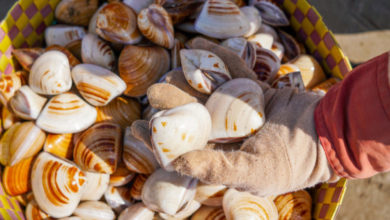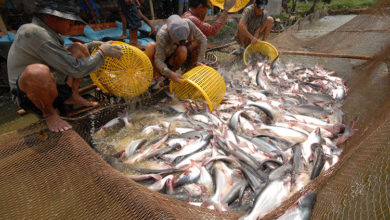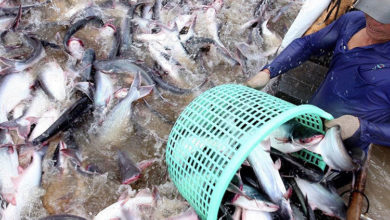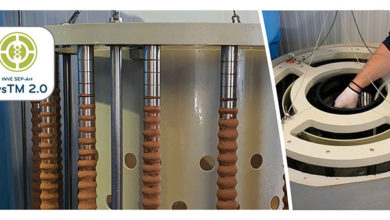Bac Lieu invests in water infrastructure to power its shrimp industry
Bac Lieu province is partnering with the Irrigation Construction Management Board No.10 to develop key water infrastructure for shrimp farming, aiming to become Vietnam’s shrimp capital.
In a strategic move to accelerate the development of the shrimp sector, Bac Lieu province is partnering with the Irrigation Construction Management Board No.10 (under the Ministry of Agriculture and Environment) to roll out a major water infrastructure project. The initiative aims to regulate and supply water to aquaculture areas located south of National Highway 1A.
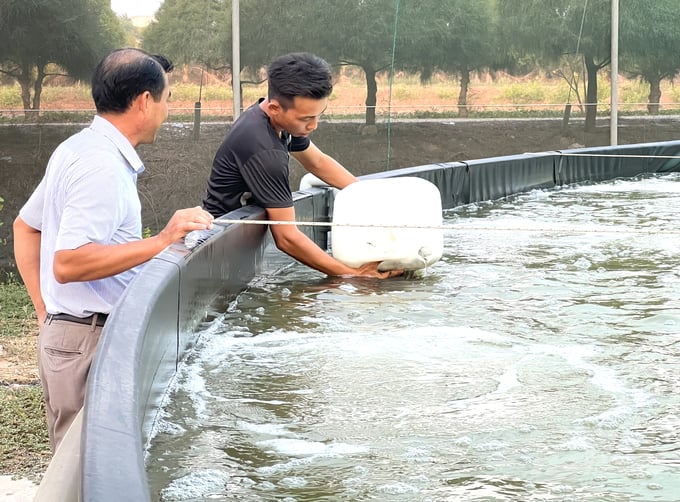
“This project is a vital infrastructure catalyst that will help Bac Lieu achieve its vision of becoming the nation’s shrimp capital,” said Mr. Pham Van Thieu, Chairman of the Bac Lieu People’s Committee.
Beyond boosting production, the project is expected to support the livelihoods of tens of thousands of local residents. Authorities are urging relevant agencies to coordinate closely with project consultants to speed up implementation and stay on track with timelines.
The southern region of National Highway 1A—which includes Dong Hai, Hoa Binh, parts of Gia Rai town, and Bac Lieu city—makes up more than 60% of the province’s total aquaculture area.
The project’s core objective is to transfer freshwater from northern to southern zones of the highway. This water will be used to dilute salinity for 13,000 hectares of aquaculture during the dry season, desalinate 5,000 hectares of rice-shrimp rotation fields, and supply water to over 43,000 hectares of aquaculture land.
It will also help prevent flooding from tidal surges and protect urban infrastructure along the highway, including in Bac Lieu city, Gia Rai town, and Hoa Binh district.
To ensure success, the provincial leadership has instructed localities to accelerate land clearance while safeguarding the rights of affected residents and dealing strictly with any violations. Relevant departments are also expected to assist in addressing technical challenges related to construction, infrastructure integration, and compensation policies.
The public is being encouraged to understand the project’s benefits through awareness campaigns to build consensus. Even if there are administrative changes, the project must continue without delays.
Chairman Thieu emphasized that the project not only aims to strengthen agriculture and aquaculture but also helps address climate change, combat land subsidence, and limit saltwater intrusion. Completing it on time will bring direct benefits to communities south of the highway and drive long-term socio-economic growth.
In 2024, Bac Lieu’s agriculture sector grew by over 7%, its highest rate ever. The province earned USD 1.2 billion from seafood exports, of which shrimp accounted for USD 1.13 billion, making up more than 94% of the total.
VFM


